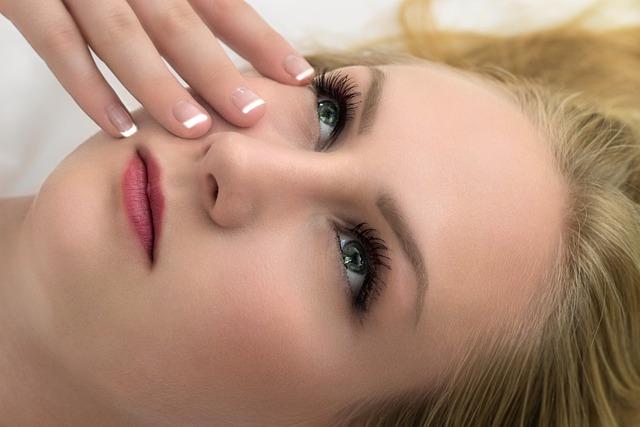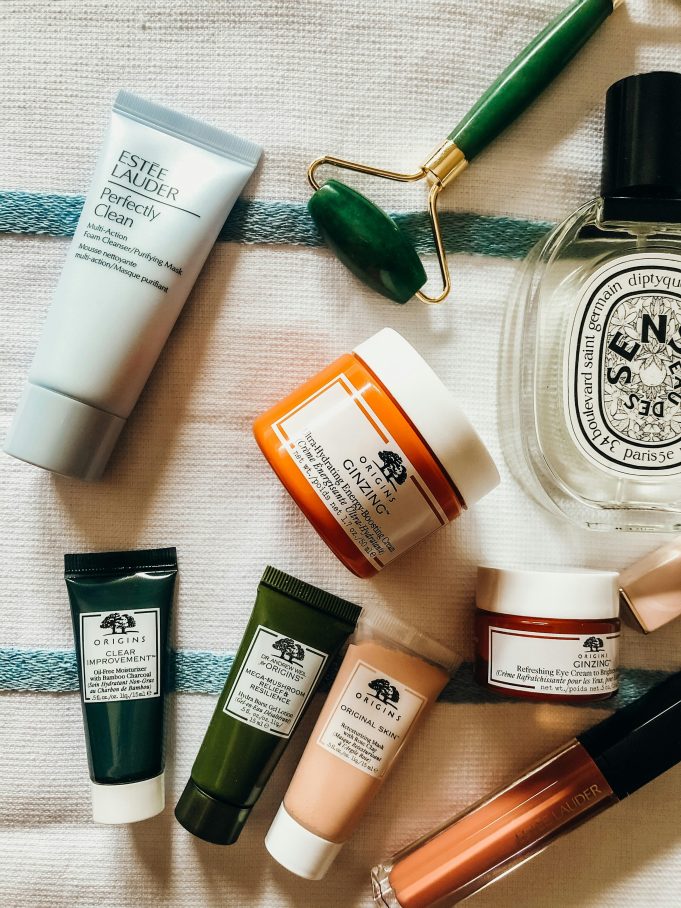In the vast and colorful landscape of skincare, where elixirs promise eternal youth and creams whisper secrets of hydration, a subtle yet persistent debate wafts through the air: the role of fragrance. For some, the delicate scent of a moisturizer conjures images of serene lavender fields or refreshing citrus groves, transforming a daily routine into a sensory escape. For others, however, these aromatic additives are viewed with skepticism, lurking as potential irritants masked in alluring bouquets. As consumers become more informed and ingredient lists grow ever more scrutinized, the question arises: should fragranced skincare be embraced for its sensory delights or sidestepped for the sake of skin health? In this exploration, we delve into the nuances of fragranced versus fragrance-free skincare, navigating the benefits and pitfalls to help you make an informed decision for your skin’s unique narrative.
Understanding Fragranced Skincare: Benefits and Drawbacks
Fragranced skincare products have long been cherished for their ability to transform a mundane skincare routine into a sensorial experience. The inclusion of scents in these products often aims to elevate the user’s mood and create a luxurious atmosphere. Fragrances can be derived from natural sources, such as essential oils, or synthetically produced to evoke a particular aroma. For many, the pleasant smell of their skincare routine becomes an essential part of their self-care ritual, providing a moment of indulgence amidst the chaos of daily life.
However, it’s important to weigh these aromatic benefits against potential drawbacks. Some individuals may experience skin irritation or allergic reactions due to the added fragrances, especially those with sensitive skin or underlying dermatological conditions. Additionally, fragranced products may include ingredients that can exacerbate issues like redness, dryness, or acne for certain users. Here are a few considerations to keep in mind:
- Sensitivity: Fragranced products might not be suitable for sensitive skin types.
- Allergic Reactions: Watch out for any signs of irritation or allergic responses.
- Long-term Effects: Continuous exposure might lead to cumulative irritation over time.
Ultimately, the decision to use fragranced skincare is a personal one, influenced by individual skin type, preferences, and experiences. Exploring fragrance-free options or patch-testing new products can help navigate this aromatic landscape effectively.

The Science Behind Fragrance Sensitivities and Allergic Reactions
Fragrance sensitivities and allergic reactions are intriguing phenomena rooted in the complex interplay between our biology and the myriad of chemicals present in scented products. When you apply fragranced skincare, your immune system may mistakenly identify certain fragrance molecules as harmful invaders. This misidentification can trigger a cascade of immune responses, leading to symptoms like redness, itching, or even more severe reactions. The volatility of fragrance compounds, which allows them to easily vaporize and interact with olfactory receptors, also means they can quickly penetrate the skin or be inhaled, thus exacerbating sensitivities for some individuals.
- Volatility of Fragrance Compounds: Easily vaporizes, increasing potential for inhalation and skin penetration.
- Immune System Response: Mistakes fragrance molecules as threats, causing redness and itching.
- Complex Chemical Structures: Some fragrances contain allergens that are more likely to trigger reactions.
Interestingly, while some people can tolerate certain natural fragrances, they may react adversely to synthetic ones, or vice versa. The complexity of these reactions is influenced by factors such as genetic predisposition, the concentration of fragrance compounds, and even environmental conditions. Thus, understanding the science behind these sensitivities is crucial for making informed decisions about the skincare products you choose to incorporate into your routine.
Choosing the Right Skincare: Fragrance-Free vs. Fragranced Products
When it comes to skincare, the debate between fragrance-free and fragranced products is ongoing. For those with sensitive skin, fragrance-free options are often recommended to minimize the risk of irritation or allergic reactions. These products are typically formulated without added scents, making them a safer choice for individuals prone to redness or breakouts. Furthermore, fragrance-free products can be beneficial for those who prefer a minimalist skincare routine or have conditions such as eczema or rosacea.
On the other hand, fragranced products can enhance the sensory experience of skincare, transforming daily routines into moments of indulgence. They often contain aromatic ingredients that can evoke a sense of relaxation or invigoration. However, it’s essential to be cautious and select products with natural fragrances or those labeled as hypoallergenic to reduce potential adverse effects. Consider the following when choosing your skincare:
- Skin Sensitivity: If you have sensitive skin, opt for fragrance-free to avoid irritation.
- Personal Preference: Choose fragranced products if you enjoy the sensory experience, but ensure they suit your skin type.
- Ingredient Awareness: Look for products with natural or hypoallergenic fragrances to minimize risks.

Expert Recommendations for Sensitive Skin Care Practices
For individuals with sensitive skin, navigating the world of skincare can feel like a delicate balancing act. Many experts agree that a cautious approach is crucial, especially when it comes to fragranced products. Fragrances, both synthetic and natural, can be potential irritants, triggering reactions such as redness, itching, or even breakouts. Dermatologists often suggest considering fragrance-free alternatives, as they tend to be gentler and less likely to provoke adverse responses.
Here are some expert tips to help you care for sensitive skin more effectively:
- Patch Test New Products: Before fully incorporating a new product into your routine, apply a small amount to a discreet area to ensure no adverse reactions occur.
- Check the Ingredient List: Look for terms like “fragrance-free” or “hypoallergenic” on labels, but always scrutinize the ingredient list for hidden irritants.
- Opt for Minimal Ingredients: Choose products with a short ingredient list, as fewer components reduce the likelihood of irritation.
- Consult with a Dermatologist: If you’re unsure about which products to use, seeking professional advice can provide personalized recommendations tailored to your skin’s needs.






























